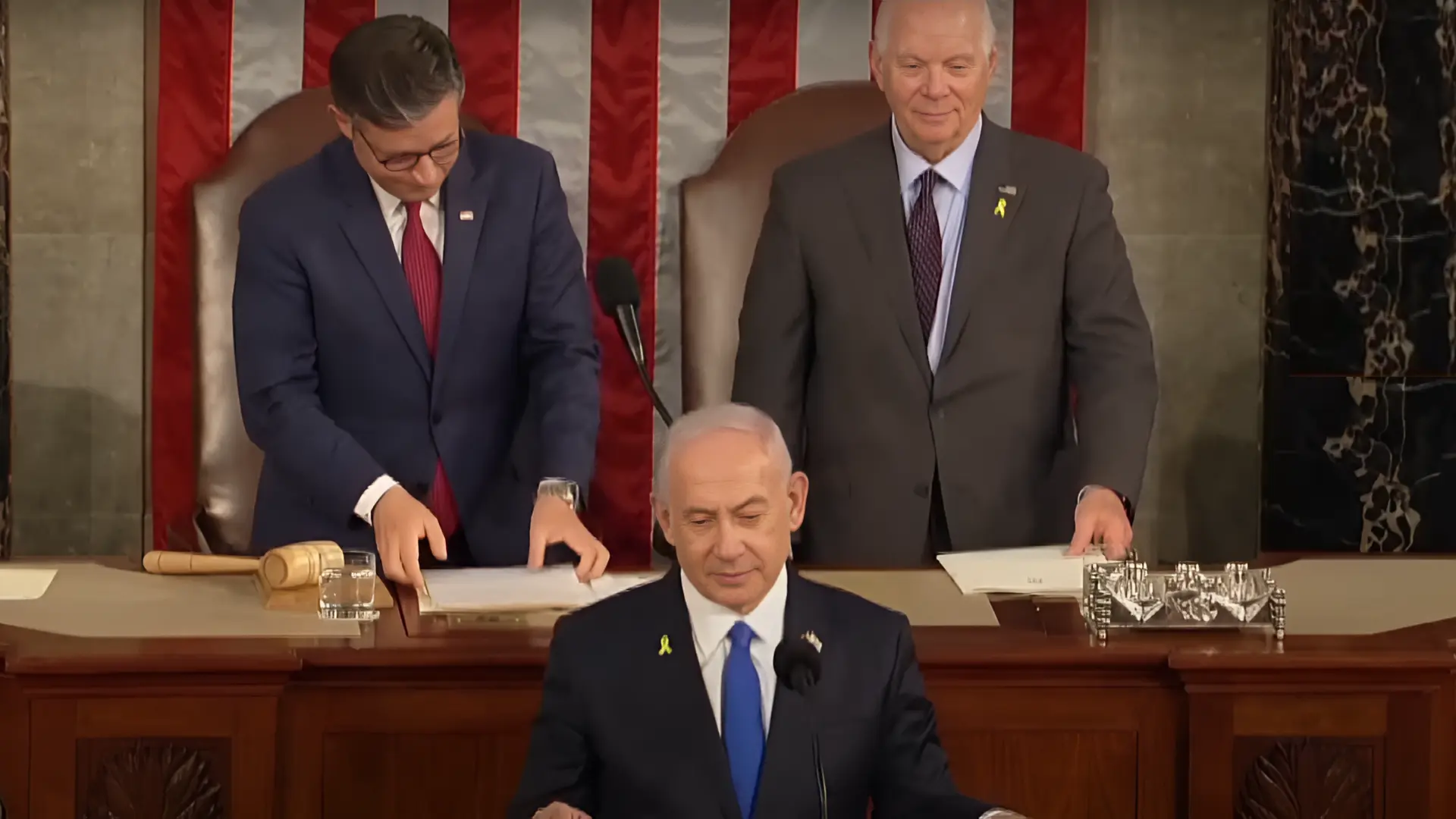A Deep DIve into Netanyahu’s US Speech Israeli Prime Minister Benjamin Netanyahu recently delivered his fourth address to the US Congress, a historic moment that highlights the enduring alliance between Israel and the United States. This address came amid a backdrop of intense protests both inside and outside the Capitol, underscoring the divisive nature of Israel’s ongoing war in Gaza. Netanyahu’s Historic Speech His speech marked a historic milestone as he surpassed the late British Prime Minister Winston Churchill to become the world leader with the most addresses to the US Congress. In his speech, he effusively praised the American people and politicians on both sides of the aisle, emphasizing the strong and unwavering support Israel has received from the United States. Protests Inside and Outside the Capitol As Netanyahu spoke, thousands of protesters gathered outside the Capitol, denouncing what they termed a “genocide” unfolding in Gaza. Inside the halls of Congress, the atmosphere was equally
Topics
- Artificial Intelligence
- companies
- Construct 360
- E-Commerce industry
- Economy News
- Economy News
- Editor Choice
- Edtech industry
- energy industry
- Entertainment & Leisure
- Entrepreneurs
- Featured
- Fintech
- Funding News
- General News
- Government Policies
- Growth & Strategy
- Health & Wellness
- Healthtech
- industry
- Information & Communication Technology
- Lifestyle
- Management
- Management and Leadership
- Marketing & Branding
- Merger and Acquisition
- Money & Personal Finance
- News
- Oil and Gas
- Real Estate
- Sports and Productivity
- Start-up
- Technology
- Top 10 Listing Article
- Travel
- Women
More
Popular Categories




